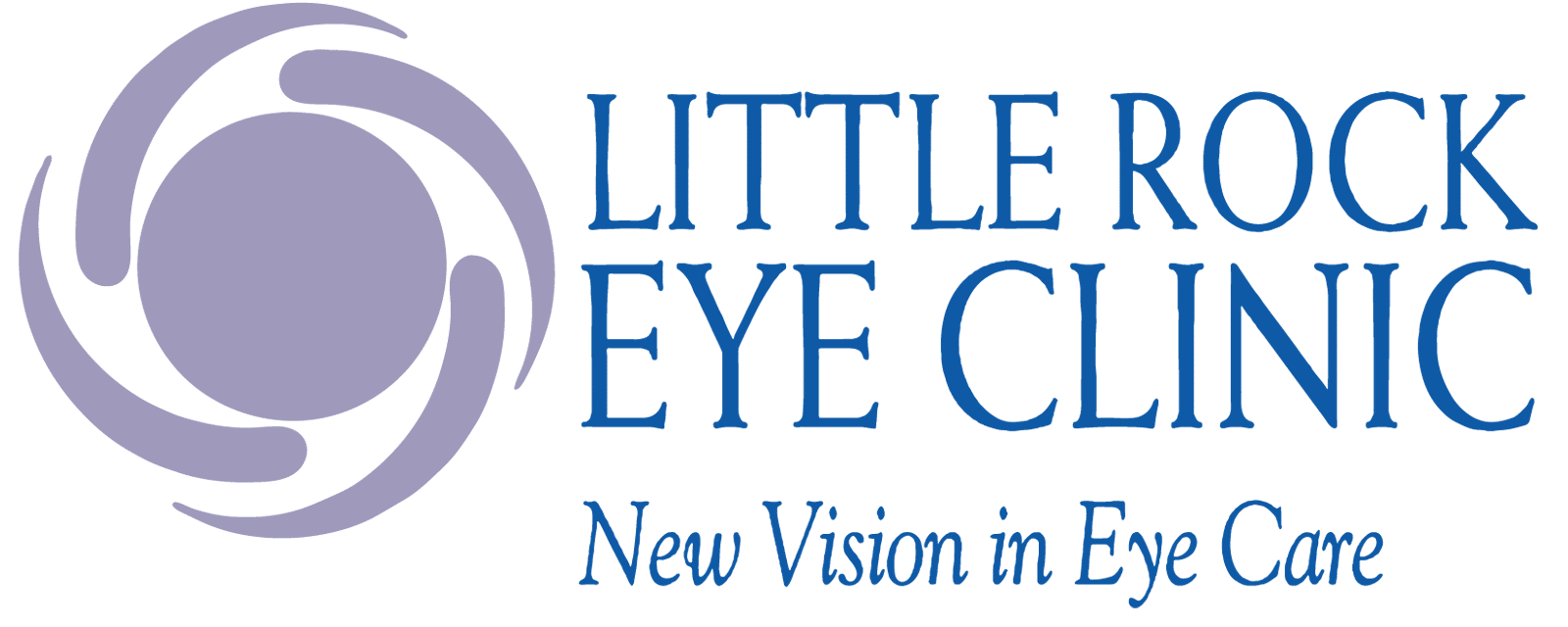If you are scheduled for surgery you may be asked to obtain a medical clearance from your Primary Care Provider (PCP). You will be advised of any pre-operative medication changes such as when you discontinue taking any type of blood thinning medication, including Aspirin. Non-steroidal anti-inflammatory drugs are included in this group (Ibuprofen, Motrin, Aleve, Advil, etc.).
Most eye surgeries are done on an outpatient basis at either Baptist Eye Center, Springhill Surgery Center or Fair Park Surgery Center and the patient needs to arrive at the surgical facility approximately 1½ hours before the procedure is scheduled to begin.
On the morning of your surgery you are asked to take any blood pressure, heart, breathing, or seizure medications which you are currently taking with a small amount of water; otherwise do not eat or drink anything from midnight until the time of surgery.
Most surgeries are done using local anesthesia with an added mild sedative. You will not feel or see the surgery being done. Depending on the procedure, the surgery could take from 20 minutes to 1½ hours.
When the surgical procedure has been completed, you will spend 15 – 30 minutes in the recovery room before going home. If there are any questions or concerns after regular office hours, the doctor on call may be reached by calling (501) 224-2658 or (800) 537-8054.
Most procedures require returning to the Little Rock Eye Clinic the day following your surgery for removal of the eye bandage, exam, and post-operative instructions including activities and usage of medications. Your next post-op exam will be scheduled at that time.
The surgical coordinator or surgical nurse is available to answer any questions regarding surgery at (501) 224-5658 or (800) 537-8054.
Frequently Asked Questions
Q What is a cataract?
A The eye has a focusing lens, much like the lens of a camera. The lens normally is clear and is located near the front of the eye.
This clear lens may become cloudy due to the normal aging process, injury, congenital defect or due to certain medications causing your vision to become foggy or blurred.
Some of the symptoms of a cataract may include blurred or cloudy vision, sensitivity to light with a glare or halo around objects, difficulty with driving (especially at night), feeling as if a film is covering the eye, seeing colors that appear dull or washed out, or poor depth perception.
Q What is a lens implant?
A A small plastic lens that is surgically implanted to replace the natural lens of your eye. The lens implant seldom has to be removed or replaced.
Q Will I have laser cataract surgery?
A No, cataracts are not removed using a laser, but by a technique called phacoemulsification (a procedure in which the cataract is broken up and suctioned out of the eye). Often, the membrane resting behind the artificial implanted lens will become a bit opaque then a laser light would be used to improve your vision. This is a simple procedure which is done in the office.
Q Will I have no stitch cataract surgery?
A The necessity for sutures or not will be determined by your surgeon. If suture is used, it will not change the result of your surgery.
Q Will I have to wear glasses after cataract surgery?
A Most likely you will have to wear glasses in order to obtain best vision at distance or near.
Q What medication needs to be stopped before surgery?
A You will be instructed when to stop taking any blood thinners prior to surgery. It is okay to take Tylenol or any pain medication which does not contain aspirin. You will also be asked to stop any blood thinners prescribed by your doctor such as Coumadin, Warfarin, Plavix, Ticlid, Aggrenox, or Dipyridamole. This will be done with your doctor’s knowledge and approval and you will be told when to resume your medication.
Q May I eat before surgery?
A We ask that you do not eat or drink after midnight before the day of your surgery. Medications can be taken with a small sip of water. If your surgery is after 12 p.m., you will be instructed about having a small amount of clear liquid on the morning of surgery.
- About the Author
- Latest Posts
With a legacy spanning over five decades, Little Rock Eye Clinic has been the cornerstone of eye health in Central Arkansas, offering comprehensive services from routine eye care to complex disease treatment. Originating from the Cosgrove and Henry Clinic and evolving through various expansions and specializations, our clinic now boasts three locations, a team of board-certified eye care specialists, and a full optical department, making us a one-stop solution for all your eye care needs.

